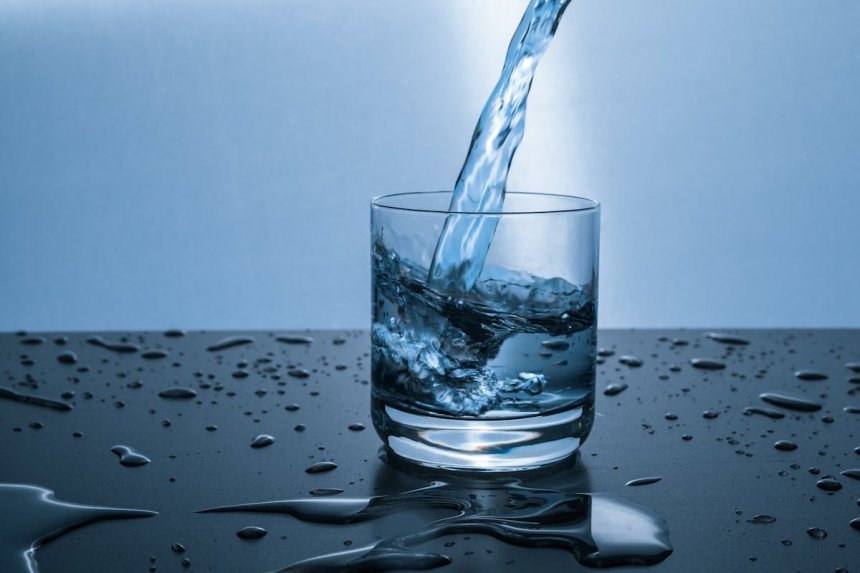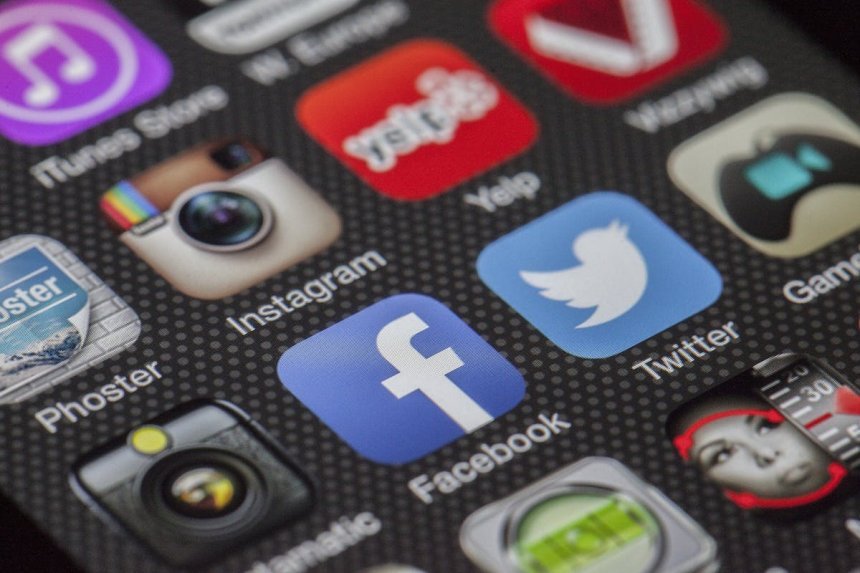Water Is a Human Right—So Why Are 2 Billion People Still Thirsty?
This post isn’t just another guilt trip. It’s a raw look into how the global water crisis has become one of the greatest human rights failures of our time. You’ll discover where the world is going wrong, who’s profiting from thirst, and what might just save us before it’s too late.

It sounds crazy, doesn’t it? We’re living in an age where billionaires are building rockets to Mars, but a kid in rural Ethiopia still has to walk 5 miles just to drink brown water from a muddy hole. Even worse? Some governments are letting that happen—on purpose.
This post isn’t just another guilt trip. It’s a raw look into how the global water crisis has become one of the greatest human rights failures of our time. You’ll discover where the world is going wrong, who’s profiting from thirst, and what might just save us before it’s too late.
The Global Water Crisis in 2025: Not a Drought—A Man-Made Disaster
Let’s get one thing straight: The Earth has enough water.
That’s the uncomfortable truth nobody talks about. We’ve got oceans, rivers, lakes, glaciers—even rainforests soaked in the stuff. So why are over 2 billion people lacking access to safe, clean water?
Simple: It’s not about scarcity. It’s about distribution, control, and politics.
Water is Being Hoarded—Not Shared
Water is actually taken out by communities and sold again for profit, ranging from Nestlé groundwater extraction in California, which is now drought-stricken, to Coca-Cola bottling facilities in India. In the meantime, residents discover that their deeper wells are drying up.
Let’s be real— it’s not just a crisis. It’s a business model.
Is Water a Human Right or a Commodity?
Here’s where the debate gets ugly.
Back in 2010, the United Nations officially declared that “the right to safe and clean drinking water and sanitation is a human right.” Sounds good on paper, right?
But fast-forward to now—and that "right" feels more like a wishlist.
When Water Costs More Than Food
In parts of sub-Saharan Africa and Southeast Asia, families are spending up to 25% of their income just to buy water from private vendors. That’s not survival—that’s extortion.
And in Flint, Michigan? People paid taxes for clean tap water and got lead poisoning instead.
Who Gets to Decide Who Drinks?
Ask yourself: Should water access depend on your zip code? Your passport? Your bank balance?
Because right now, that's exactly what's happening. And it's not just unethical—it’s dangerous.
Climate Change Is the Fire—But Greed Is the Gasoline
Definitely, but it is true that the rise in temperature and melting glaciers are doing the work. To attribute it to climate change alone is like calling a match the cause of a house fire while gallons of gasoline have been poured all over the floor.
Droughts Are Getting Longer, But Why?
Yes, climate change is messing with rainfall. But many regions aren’t running out of water because of nature. They’re running out because water is being:
- Diverted for large-scale agriculture (like cotton farms in Uzbekistan that drained the Aral Sea),
- Overused by industries (like fracking in the U.S. that consumes millions of gallons),
So... Is There a Solution?
Actually, yes—but not everyone wants one.
Technology Could Solve the Crisis—But There’s a Catch
Desalination plants. Smart irrigation. Atmospheric water generators. The tech to fix this mess already exists. But here's the twist:
It’s not profitable to end water scarcity.
Big corporations and even some corrupt governments make more money from water shortages than they would from clean, equal access.
Let that sink in (no pun intended).
The Israel Example
Israel reuses almost 90% of its wastewater, making it a global leader in water recycling. Meanwhile, neighboring countries struggle with droughts. It’s not magic—it’s political will. And most countries just... don’t have it.
Sanitation: The Sidekick No One Talks About
Water gets all the headlines—but sanitation? It's the ignored sidekick. Yet without proper toilets, sewage systems, and hygiene education, clean water doesn't mean much.
Open Defecation Is Still a Reality in 2025
Although it's awkward to discuss, around 500 million individuals still defecate in alleys, open fields, or behind bushes. This spreads disease, contaminates water sources, and increases the danger of sexual abuse against women and girls.
And guess what? You can’t fix sanitation without addressing poverty, culture, and infrastructure—all of which are way harder than just handing out bottled water.
The Gender Factor: When Fetching Water Steals Childhood
In many parts of the world, girls are the ones who hike for hours every day to collect water.
This means:
- They miss school.
- They face the risk of harassment or worse along the way.
- They grow up believing that their time is worth less than a bucket.
This isn’t just a water issue. It’s a gender justice issue. Period.
The Worst Offenders Aren’t Who You Think
We love to blame small rural villages for poor water management. But let’s be honest—most of the damage comes from:
- Luxury golf courses consuming millions of gallons for green grass while nearby communities go thirsty.
- Unregulated urban sprawl that pollutes and destroys freshwater sources.
So maybe it’s time to stop blaming the poor and start holding the powerful accountable.
The Real Question: Will We Treat Water as Sacred—or Keep Selling It by the Bottle?
Here's the kicker: The global water crisis isn’t inevitable. It’s a choice. Or rather—a million small choices made by governments, corporations, and yes, even consumers.
We flush drinkable water. We pour it into lawns. We sip it from plastic bottles flown across oceans. Then we act shocked when someone else can’t find a drop.
So What Can You Do?
You’re just one person. But you can:
- Support orgs like Water.org, Charity: Water, or local water justice groups.
- Reduce your water footprint (cutting meat, fast fashion, and unnecessary plastic use helps).
- Pressure your leaders to invest in public water systems, not privatized ones.
- Talk about this—like, seriously. If no one talks, nothing changes.
Share
What's Your Reaction?
 Like
0
Like
0
 Dislike
0
Dislike
0
 Love
0
Love
0
 Funny
0
Funny
0
 Angry
0
Angry
0
 Sad
0
Sad
0
 Wow
0
Wow
0











